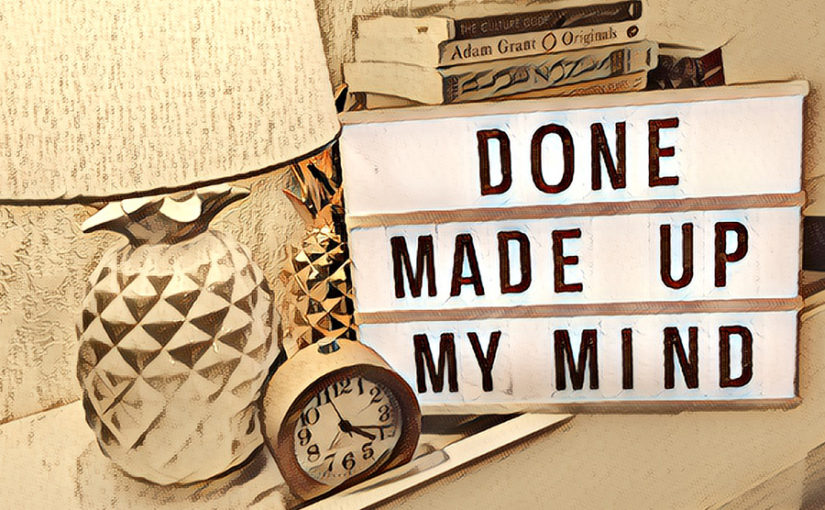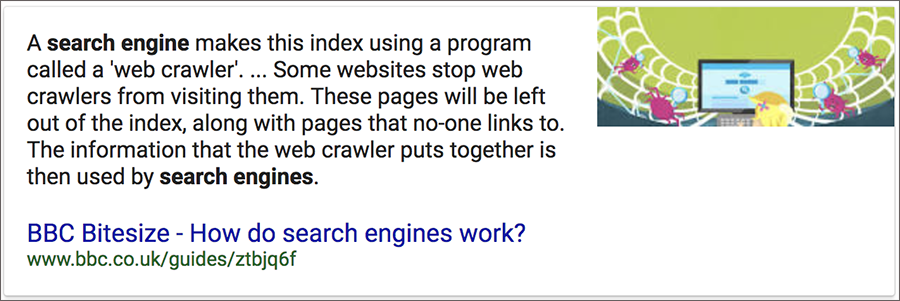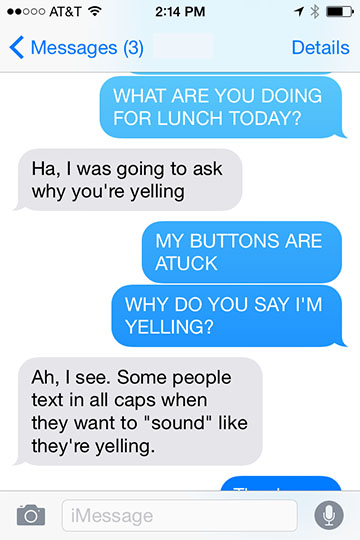What’s Your Definition of Success?
I was nearly to 17th S, mentally cocooned in what felt like Deep Thought, braking and gassing those vehicular pedals as only a commuter en route to a day’s labor can, when it came to me—you have to change your mindset yo’! And when I say you, I really don’t mean you or me or even my too-early-to-rise feline. What I I’m trying to engender is more collective, more existential.

Our professional coach at work (yes, we are so spoiled) had hostaged us with homework the day before: We were tasked with identifying our personal definitions of success. Unlike the last time she brought this up, that day’s declaration sunk down to a more subliminal level. The next morning as I drove down the commuter chute, between that artery of green, I cogitated.
I feel successful when I empower others. I feel successful when I advocate on the behalf of others. But, interestingly, I do not feel the need to empower or advocate for myself.* It’s one thing to read about our cultural mindset toward women and minorities, but a completely different experience to recognize it in yourself.
What is your definition of success? My definitions apparently need an infusion of vision. Not because I wish to excuse myself from the collective, but because I need to recognize my own needs—what do I need to be fulfilled and thus successful? Does my success truly latch only on the support of others? Or is there something more at the center of that onion?
What’s Your Barrier to Empowerment?
So what’s your barrier to empowerment? What makes you shut down in a meeting or denigrate others because you can or throw things? What makes you lose control and holds you hostage?
Part of my path to enlightenment was learning about Schema Therapy. There is a brilliant book called Disarming the Narcissist by Wendy Behary.^ While you may or may not know any textbook narcissists, the book is entirely worth the read simply to better understand yourself!
Stories We Tell Ourselves
To paraphrase, a narcissist has surrendered control to a belief or notion—an attitude—they formed when their needs were not met as a child. They developed a survival tactic based on these beliefs to cope with this devastating series of circumstances and now are unable to leave this story—a schema—they set up to protect themselves.
They started out vulnerable and impressionable, and then became literally prisoners to that which they used to defend this vulnerability.

But all of us have schemas. (It’s not just about the narcissists!) As human beings** we run rampant with emotions, whether overly expressed or distinctly suppressed. Our emotions and personal narratives color everything in our lives. Some of my colleagues face down a fear of irrelevance, some a difficulty with authority. Still others are chained to a need to be the best at everything.
What Schema Is Coloring Your Narrative?
What is your BE? (Or barrier to empowerment, as Patricia, our fearless coach, likes to ask.) What’s standing in the way of your success? What is the attitude with which you face life everyday?
What’s your mindset yo’?
* You could argue that quality is along the lines of Mother Teresa, but I think it hints at a deeper, possibly more twisted story. Not that I need hints of course, since I’m bloody living it.
^2008, Disarming the Narcissist: Surviving & Thriving with the Self-Absorbed by Wendy Behary
**Yes, I just invoked the clause of humanity stating that we all exist in a shared state with Things In Common.





 TEXT MESSAGING OR EMAILING IN ALL CAPS WITH YOUR CHILDREN/FRIENDS/CO-WORKERS, EVEN IF YOUR KEYS GET STUCK—THEY WILL THINK YOU ARE SHOUTING AT THEM.
TEXT MESSAGING OR EMAILING IN ALL CAPS WITH YOUR CHILDREN/FRIENDS/CO-WORKERS, EVEN IF YOUR KEYS GET STUCK—THEY WILL THINK YOU ARE SHOUTING AT THEM.